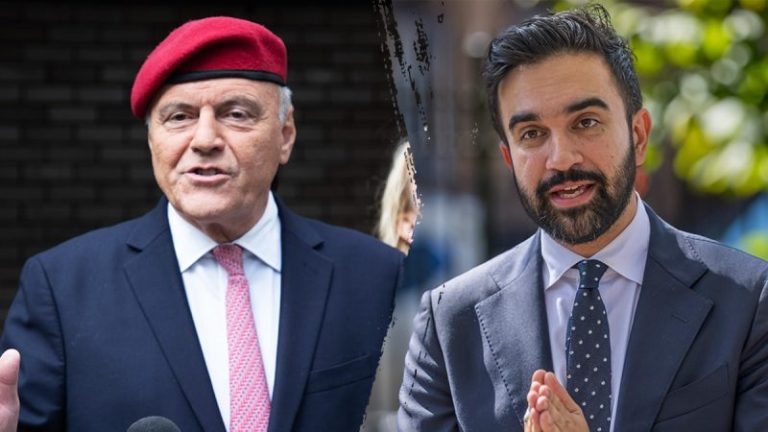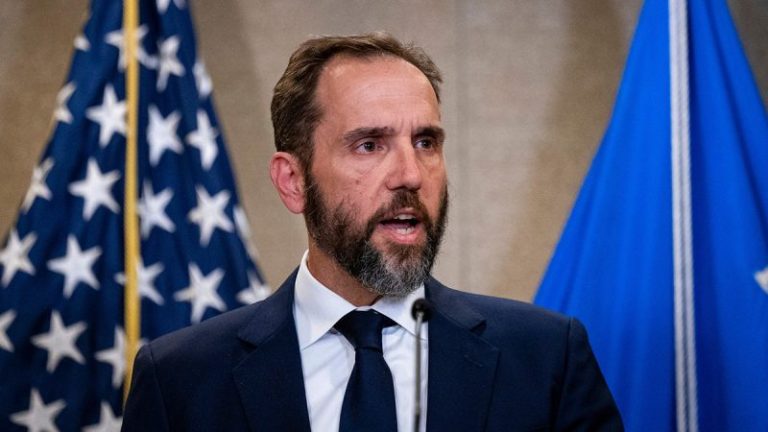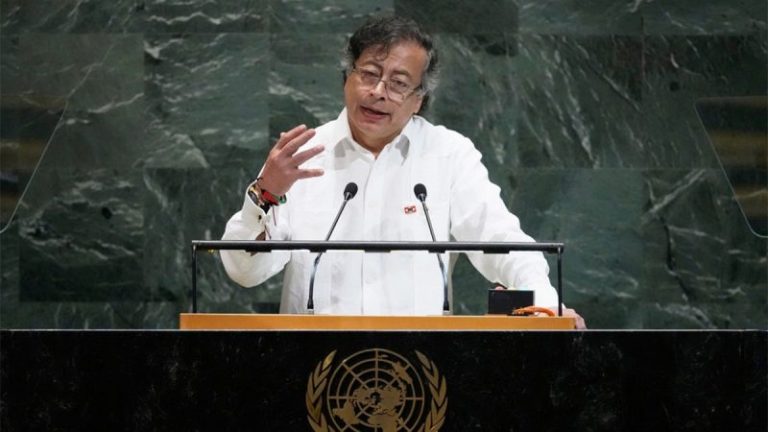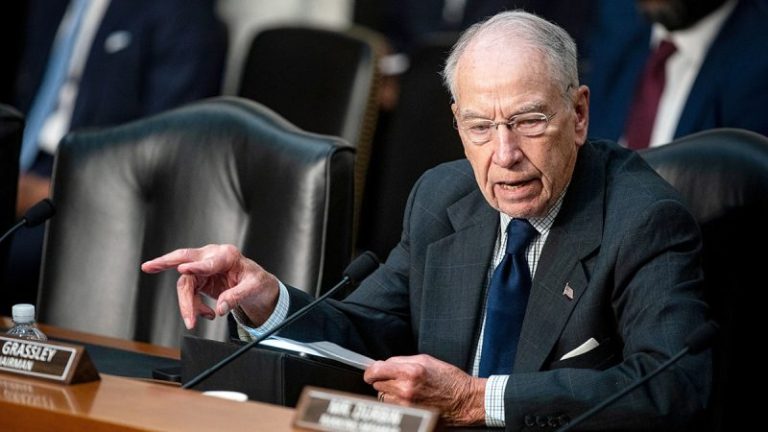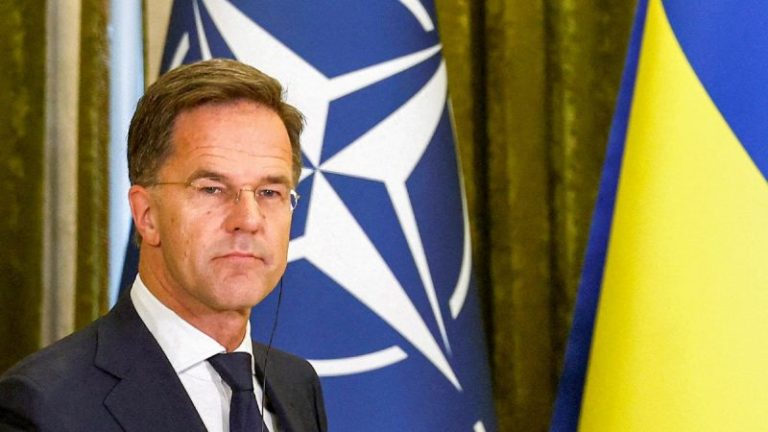While New York City Democratic mayoral nominee Zohran Mamdani admitted he would rank his Republican opponent Curtis Sliwa second if the general election used ranked-choice voting, Sliwa said Mamdani is going to ‘regret ever knowing the name Curtis Sliwa’ if the socialist candidate is elected.
After Mamdani admitted he would rank Sliwa second in the spin room following Wednesday’s debate, Fox News Digital asked Sliwa if he would be willing to collaborate with Mamdani and help his administration if the 34-year-old assemblyman is elected mayor in less than two weeks.
‘The only thing I would do if, God forbid, Zohran Mandami was the choice of the people, and we will leave it up to them, is I will organize resistance because I will improve. I will not move. Zohran Mamdani could bet that I will be his worst nightmare,’ Sliwa said.
Sliwa said that unlike former Gov. Andrew Cuomo, who is running as an independent candidate after losing the Democratic primary to Mamdani in June, the founder and CEO of the Guardian Angels, isn’t going anywhere.
‘Because, unlike Andrew Cuomo with his billionaire friends in the Hamptons, who said, ‘Oh, if Zohran’s elected, I’m fleeing to Florida,’ I’m not going anywhere. I was born in New York. They tried to kill me in New York. I’ll die in New York. I’ll be buried in New York,’ Sliwa confirmed.
‘If somehow Zohran Mandami is elected by the people, boy, he is gonna regret ever knowing the name of Curtis Sliwa because I’m gonna be on his case 24 hours a day,’ Sliwa said.
Sliwa also compared Mamdani to Pinocchio, but instead of his nose growing, ‘his smile just gets bigger and bigger and bigger.’
‘That’s how you know that Zohran Mamdani is telling another lie, another whopper, fantasy, rather than reality,’ Sliwa said, referencing Mamdani’s near-constant smile.
When asked if Mamdani regretted his answer about ranking Sliwa second if the general election had ranked-choice voting, the Democratic socialist doubled down on his response.
‘I believe it’s important to rank those who actually love New York City, and there was only one other candidate on that stage who seems to love this city,’ Mamdani said, in an apparent jab at Cuomo.
With less than two weeks until Election Day, Mamdani and Sliwa have landed on unlikely common ground by rejecting billionaire influence in the New York City mayoral election.
Two billionaires, Red Apple Media CEO John Catsimatidis and hedge fund CEO Bill Ackman, have called on Sliwa to drop out of the mayoral race in order to clear a pathway to victory for Cuomo.
‘The billionaires can conspire to pick their candidate,’ Sliwa said during a press conference in Manhattan on Monday. ‘I trust the people. They will make the decision. I will not drop out.’
Several blocks downtown at his own press conference Monday morning, Mamdani admitted his surprise at agreeing with Sliwa.
‘I never thought I would say this, but here we are, where the only candidates who agree that billionaires shouldn’t control the future of this city are the Republican nominee and the Democratic nominee,’ Mamdani said.
A recent Fox News survey of the mayoral race, conducted Oct. 10–14, asked voters about their second-choice candidate. If both Adams and Sliwa are out, the results show Mamdani keeping a significant lead, even as support for Cuomo increases.
With Sliwa out, the poll found Mamdani would pick up 50% compared to 37% for Cuomo. But Sliwa has maintained for weeks that he has no intention of ending his mayoral campaign.
New York City mayoral contenders relentlessly criticized their opponents as they made their final pitch to voters Wednesday night in the last debate at LaGuardia Community College in Long Island City before early voting starts Saturday.
Election Day is coming up on Nov. 4, and with Mayor Eric Adams suspending his re-election campaign last month, New Yorkers are set to elect a new mayor to lead the city.

